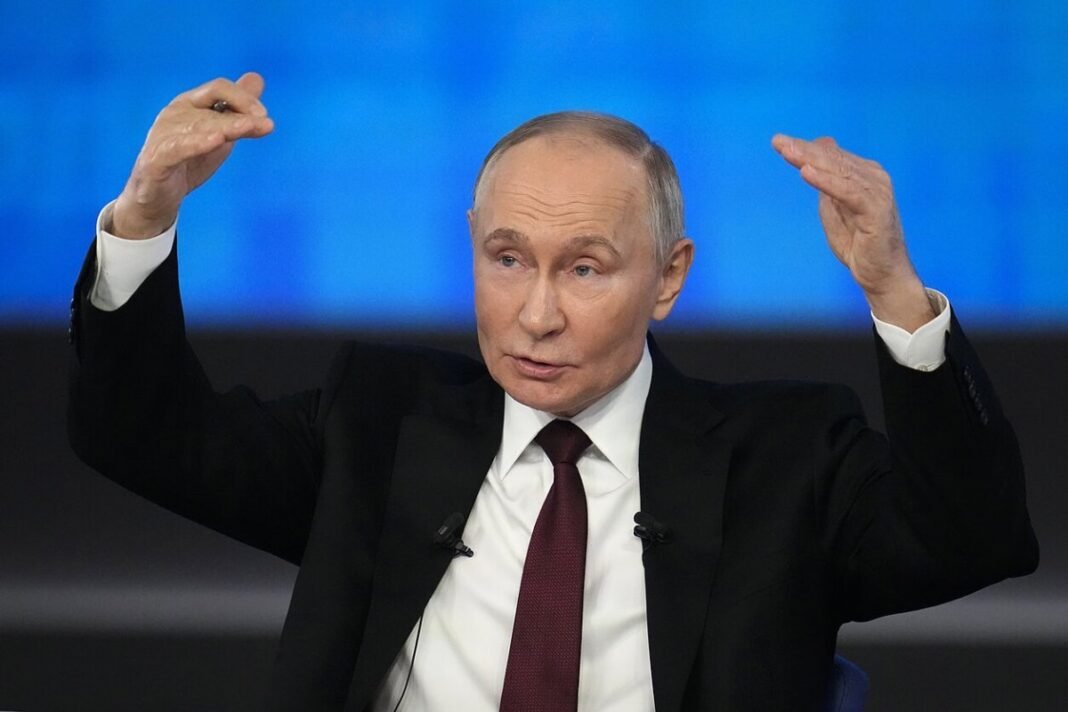BAKU, August 30, 2025 — Russia’s grip on the South Caucasus is slipping, and nowhere is this more evident than in Azerbaijan. While Moscow clings to its old vision of a sphere of influence, Baku is moving decisively westward, reshaping the balance of power in the region.
The Greek financial daily Naftemporiki writes that former Soviet republics are gradually breaking away from Moscow’s orbit. Azerbaijan, it notes, is one of the clearest examples of this shift — cooperating with Russia only to a limited extent while expanding ties with the West.
Moscow’s Fading Influence
“Putin wants only to keep neighboring countries under his influence,” said Jakob Wollenstein, a Caucasus expert with the Konrad Adenauer Foundation. “Azerbaijan is among those that have chosen to limit cooperation with Russia.”
Despite a large diaspora living in Russia, Azerbaijan has avoided dependence on Moscow. Imports from Russia are largely confined to foodstuffs and machinery, while Baku has turned its energy wealth into leverage on the global stage. Oil and natural gas are exported not just to Ukraine, but primarily to Israel and the EU — mainly through Greece and the TAP pipeline.
Washington’s Breakthrough, Moscow’s Insult
The clearest sign of Russia’s waning role came on August 8, when Azerbaijan and Armenia signed peace agreements at the White House under U.S. mediation, with Donald Trump present. For analysts, the event was a humiliation for Moscow.
“This was an insult to Putin,” Wollenstein said. “Russia has acted as Armenia’s patron since Soviet times. Until recently, even Armenia’s borders with Turkey and Iran — and its main airport in Yerevan — were guarded by Russians.”
The agreement paves the way for the Zangezur Corridor, connecting mainland Azerbaijan with Nakhchivan via southern Armenia, ensuring direct access to Turkey and Europe. Greek commentators have already dubbed it “Trump’s Road to International Peace and Prosperity.”
Central Asia Follows the Trend
The geopolitical shift is not limited to the Caucasus. On August 18, Uzbek President Shavkat Mirziyoyev praised Azerbaijan’s foreign policy in Tashkent, announcing plans for an enhanced partnership agreement with the European Union. He described Azerbaijan as a “strategic bridge” between Central Asia and Europe and congratulated Baku on its U.S.-brokered deal with Armenia.
Since Russia’s invasion of Ukraine, EU exports to Uzbekistan have doubled compared to 2021, reaching nearly €4 billion.
The Trump Corridor: Bypassing Moscow
At the heart of this transformation lies the so-called Trump Corridor: over 4,250 kilometers of rail and 500 kilometers of maritime routes connecting China to Turkey via the Caspian, and further to Germany and Ukraine via the Black Sea. The corridor bypasses Russia and Belarus entirely, offering an alternative trade route free from sanctions.
Naftemporiki argues that this project is pulling Azerbaijan, Armenia, and Uzbekistan closer to Brussels, allowing them to emerge as strategic partners rather than passive transit states — while leaving Moscow increasingly sidelined.
Analysis: A Shrinking Sphere
For Putin, Azerbaijan was never about partnership, but about control. Yet the combination of U.S.-brokered diplomacy, Europe’s hunger for energy diversification, and Central Asia’s westward tilt shows that the Kremlin’s ability to dictate terms in its former empire is evaporating. The loss of Azerbaijan as a reliable partner is not an isolated setback — it is part of the slow but visible collapse of Russia’s post-Soviet sphere of influence.


